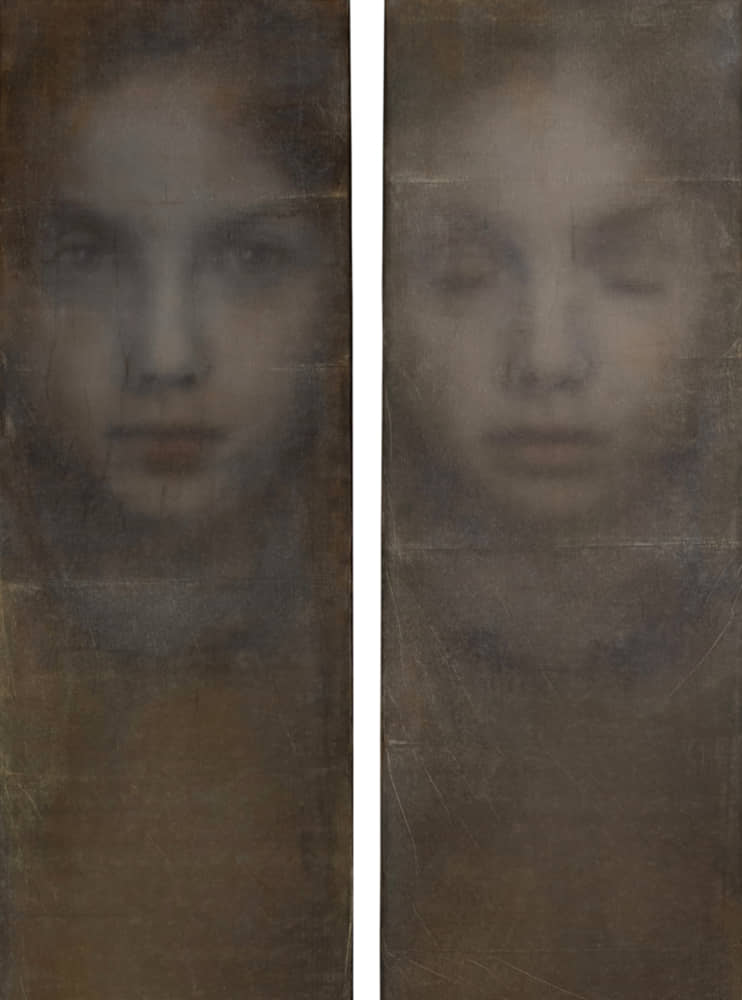Without being pessimistic, we all feel that we are living in a new and difficult period, with serious threats on the horizon that create a climate of uncertainty and anxiety. And if the health crisis contributes to this climate, it is neither the origin nor the main reason. Rather, it seems to me, this reason is rather to be sought in the worrying fact that everywhere divisions increase, fractures grow; to the point that what constitutes the nation, a community welded by a history, a religion, a culture and values—fruit of a long civilization—is bursting apart under the blows of an individualism which managed to erase the very notion of the good (so that each one must be free to determine “his” good) and thus necessarily of the common good.
Four Major Fractures
Without being exhaustive, I would cite four major fractures to illustrate my point, all of which contribute in one way or another to the atmosphere of existential insecurity that is developing.
1. The social fractures that draw two very unequal France: The one that benefits from globalization—the “France of the top” or the Anywhere which shamelessly sells off the sovereignty of the nation; and the one that suffers from it—the “peripheral France” or the Somewhere, which has formed the large battalions of the Yellow Vests, and bolsters one part of the “anti-vaccine passport” movement.
2. The anthropological fractures that have proliferated ever since the modern philosophies of deconstruction ousted the classical vision of man as a created being endowed with a nature of his own that cannot be denied or violated without serious damage, with a clear limit set by natural law. The first step was the separation between fertility and sexuality, brought about by the pill, which contributed to putting all forms of sexuality on the same level and allowed, afterwards, to think of fertility outside sexuality. In this deadly logic, after having trivialized abortion, we have come to legitimize “marriage” between people of the same sex, then to deny sexual difference and to allow the manufacture of children as simple products, and this is far from over.
3. The demographic divide, resulting from a drop in the birth rate, in France as in all Western countries, compensated in the early 1970s by labor immigration, which quickly turned into a massive immigration that was never controlled, bringing in large Muslim minorities and a number of insurmountable problems of assimilation, education, social distress, delinquency, etc. Islam has thus formed expanding communitarian zones—the “lost territories of the Republic”—where French law no longer penetrates.
4. The ecological divide: Not a week goes by without the announcement of “climate chaos,” as if the coming “catastrophe” were real. That there is an ecological emergency is obvious. But is it by infantilizing the population, by playing on fear with binary and guilt-inducing speeches that we are really going to move things forward?
Division Everywhere
Oppositions and divisions have always existed and are even consubstantial to the functioning of a democracy. In the past, during the “Cold War,” these were not small when they concerned the “choice of society” between a Marxist left-leaning towards the Soviet Union and a liberal right close to the United States. However, the differences remained mainly confined to political aspects. Today, they have invaded all areas. There is nothing that cannot be contested and questioned: Everything has become a reason for quarrelling; almost nothing is stable and acquired anymore. There is no longer a common basis for a peaceful life in society. History, religion, culture, the principles that forged our Christian civilization and more particularly the nation of France with its vision of man, all this is questioned, rejected or dismissed (by “wokism,” for example), remnants of an obscurantist past that must be quickly forgotten.
From such a basis, divisions and fractures are inevitable and are bound to multiply. The logical outcome of such an evolution is either civil war or the establishment of a directive regime determined to impose its views by marginalizing or silencing the recalcitrant.
Is this not the path we are already on? Denouncing abortion or “marriage for all,” crucial “societal” subjects that should be at the heart of the debate of ideas, is more and more akin to the crime of opinion, as we saw in August with the showing of the film Unplanned. It is the same for all the “advances” that methodically deconstruct man. Thus, the field of freedom of expression is gradually being restricted as society disintegrates, a harbinger of a disturbing evolution.
In this serious context, Christians have a primordial role to play, certainly made difficult by the deep dechristianization and their own divisions, but facilitated by the supernatural hope that they carry within them.
Christophe Geffroy publishes the journal La Nef, through whose kind assistance we are publishing this article.
The featured image shows an oil on panel portrait by Nadine Callebaut.
